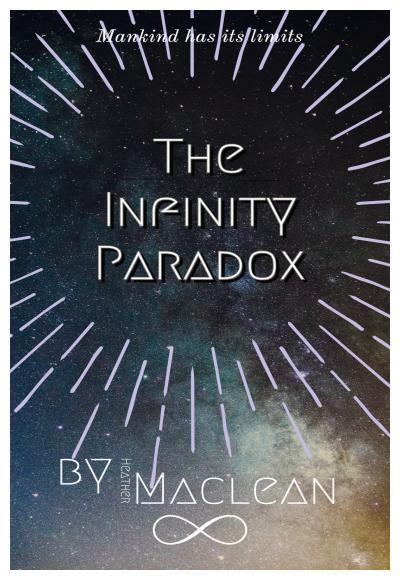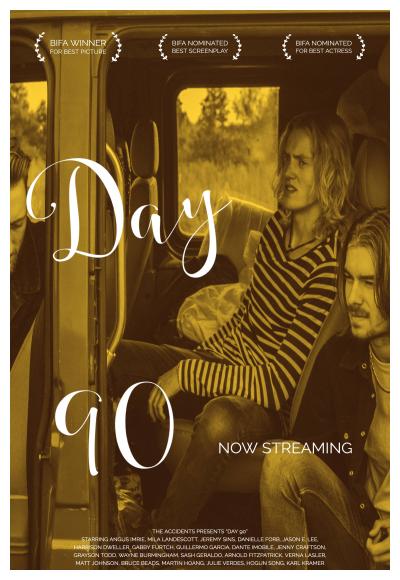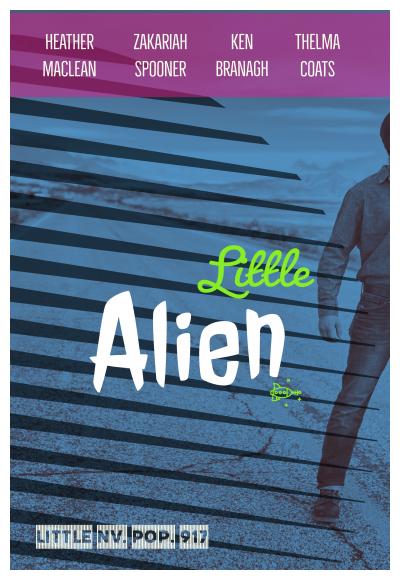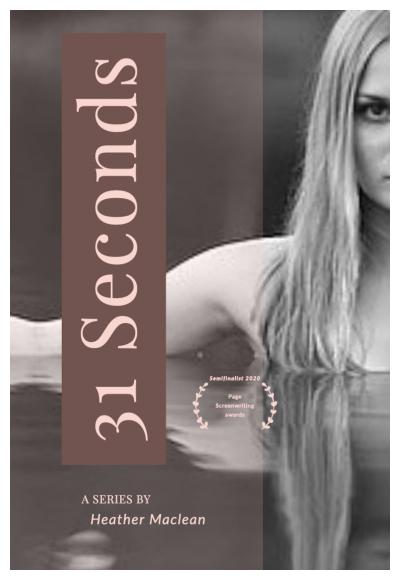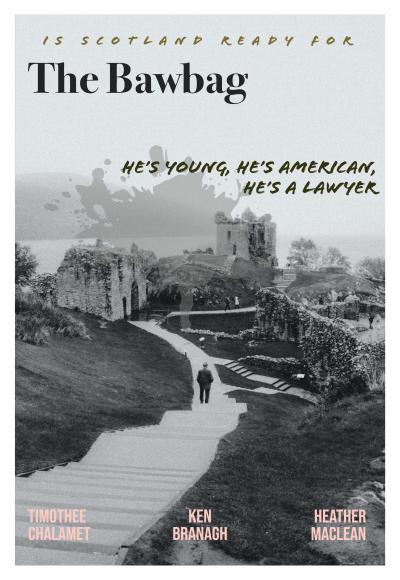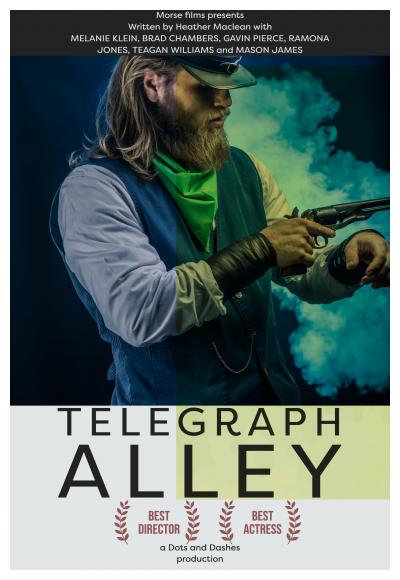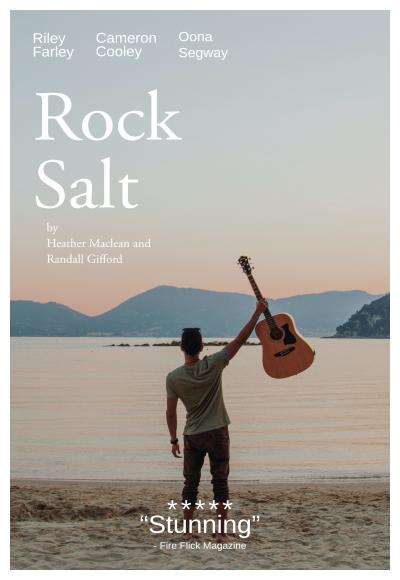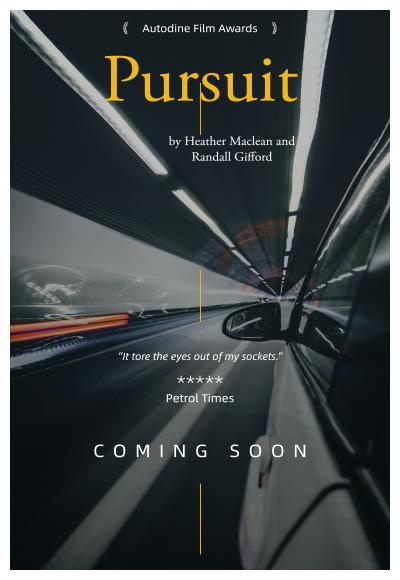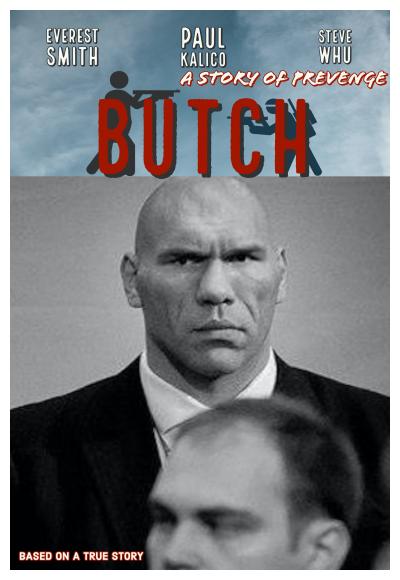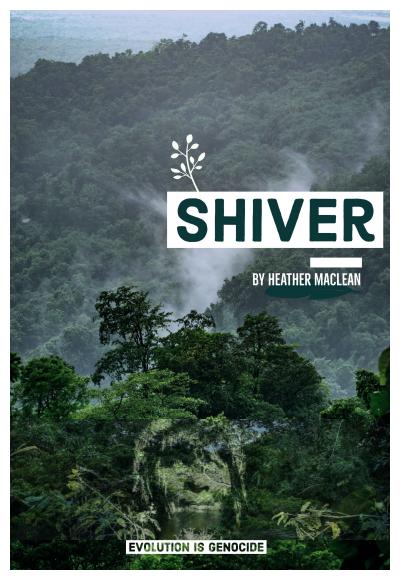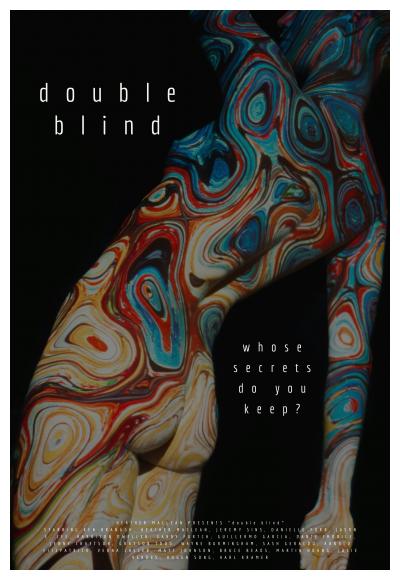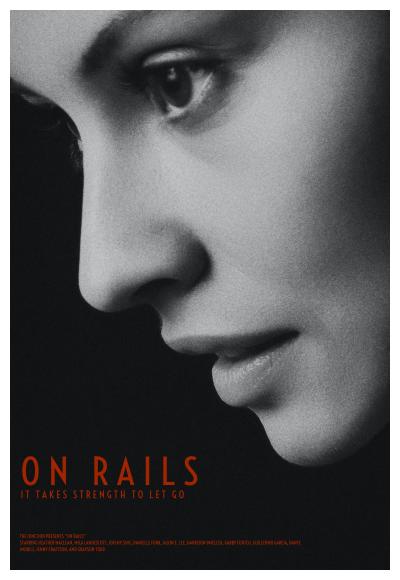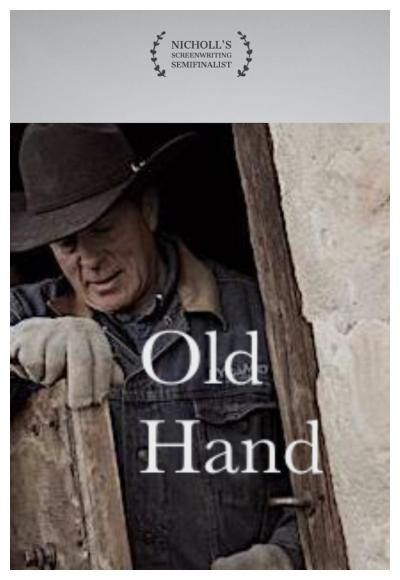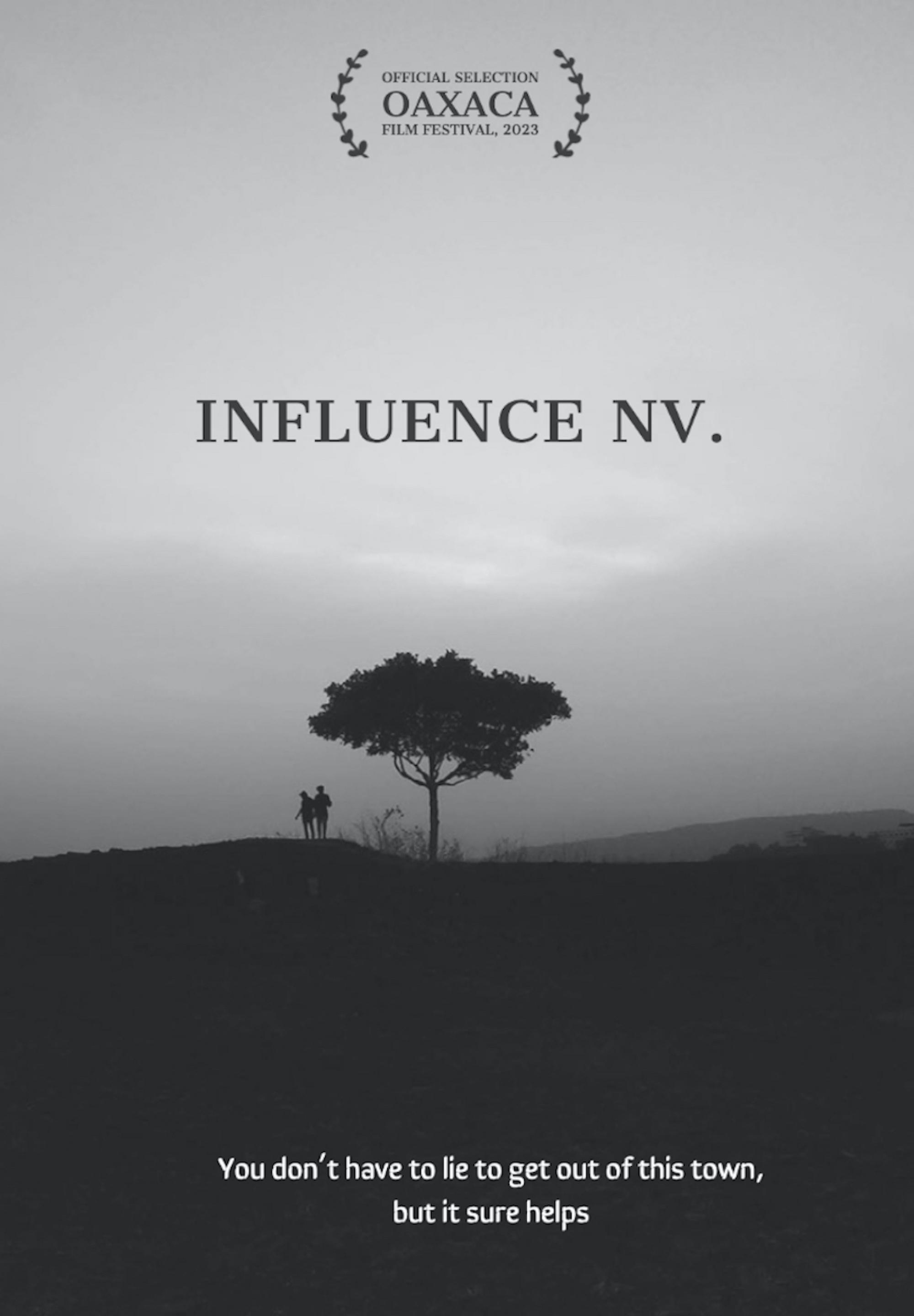
Synopsis/Details
MIA LASSEN (17)is a senior who wakes up every day and diligently "puts her face on." She is never without her make-up mask; it provides comfort and protection.
Mia has lived her entire life in the rural desert town of Influence Nevada pop. 1959. She has no goals beyond keeping the town drunk from baking in the tin storm drains, plugging the main street meters to keep the bitch meter maid from writing a single ticket and seeing her archrival LARA (17) leave for college and never come back. They were once friends, but a vicious rumor sparked a vast divide with an intensity that only teenage girls seem to be able to manage.
Mia's best friend, TUNES (18), is a desert slacker who dresses in all black and carries around an old white ipod which has been hacked to "carry every song in the world on it." Tunes and Mia hook up (literally) as Tunes transfers underground gems to her vintage ipod every day on her lunch break.
With little to do, Mia is focused on destroying Lara. When she discovers that Lara has a meeting with an admission counselor from Harvard, she decides to sabotage it. She could not stand for Lara to become a town hero by being the first person to ever get into an Ivy League school. Mia hijacks the interview and pretends to be Lara, but the interviewer sniffs out the deception.
Surprisingly, he is so entertained by the Mia show that he suggests that she apply to Harvard. Mia is a solid B student, not Harvard material even nowadays. The counselor tells her the way to get around personal flaws and shortcomings in Ivy League society is to fall back on recommendations from people who matter.
Mia has a new goal of getting herself into Harvard and blocking Lara. She dedicates herself to getting the three most influential living Americans to endorse her application. Her boyfriend CHARLIE (21) is a diminutive illegal immigrant who speaks to her soul, but doesn't like the fact that she is lying to get ahead. Tunes offers no such pushback. Lara also hires him to help her with video blogging. The subject is Lara - with enough video footage, she can surely expedite her fall from grace.
With one plot in play, Mia knows that the only way to get ahead, when one doesn't have power, is to lie. Society is built on lies, and she crafts one so well that she gets her recommendations. She puts those together with some essays she stole from the Internet and has it ready for the admissions counselor.
An emotional punch comes when her mother, Haley, shows up for Christmas Day. It's the day that's the best for quitting smoking, she says. And she gives her last two packs to Mia as a Christmas gift. They have dinner together, but when she pops out for some fresh air, the cigarettes are gone and so is she.
Charlie is her authentic conscience, and he convinces her to make an alternate application and even pays for it to be sent in. In this application she is herself. The mask comes off. Her recommendations come from the drunk in the ditch, the meter maid who seriously dislikes her, and her father, the man who never says more than two words consecutively. This application makes her feel good; it makes her connect with her life in a way that advances what is good about humanity. She gets rejected.
The video blogging of Lara goes to plan with her even lighting a vagrant on fire (accidentally of course). Mia should not have been surprised that this leads Lara to become an Internet sensation. When she gets her Harvard rejection, she doesn't care: Lara is going somewhere more worthwhile: she got an invitation to attend film school in LA.
Mia is now only waiting on the fake, made-up like herself, application. When it arrives, she finds the counselor was correct, the world was correct, and authenticity is worthless. Her life changes.
Story & Logistics
Story Type:
Set Mission
Story Situation:
An enemy loved
Story Conclusion:
Surprise Twist
Linear Structure:
Non-linear
Moral Affections:
Contempt, Disrespect, Vice, Virtue
Cast Size:
Few
Locations:
Several
Characters
Lead Role Ages:
Female Teenager
Hero Type:
Ordinary
Villian Type:
Femme/Homme Fatale
Stock Character Types:
Bad boy, Ingenue, Tortured artist
Advanced
Subgenre:
Christmas, High School, School Days
Equality & Diversity:
Female Centric, Minority Protagonist, Passes Bechdel Test
Life Topics:
Loss of Virginity
Time Period:
Contemporary times
Country:
United States of America (USA)
Time of Year:
Christmas Day, Winter
Illness Topics:
Psychological
Relationship Topics:
Dating, Domestic
Writer Style:
Eric Roth

